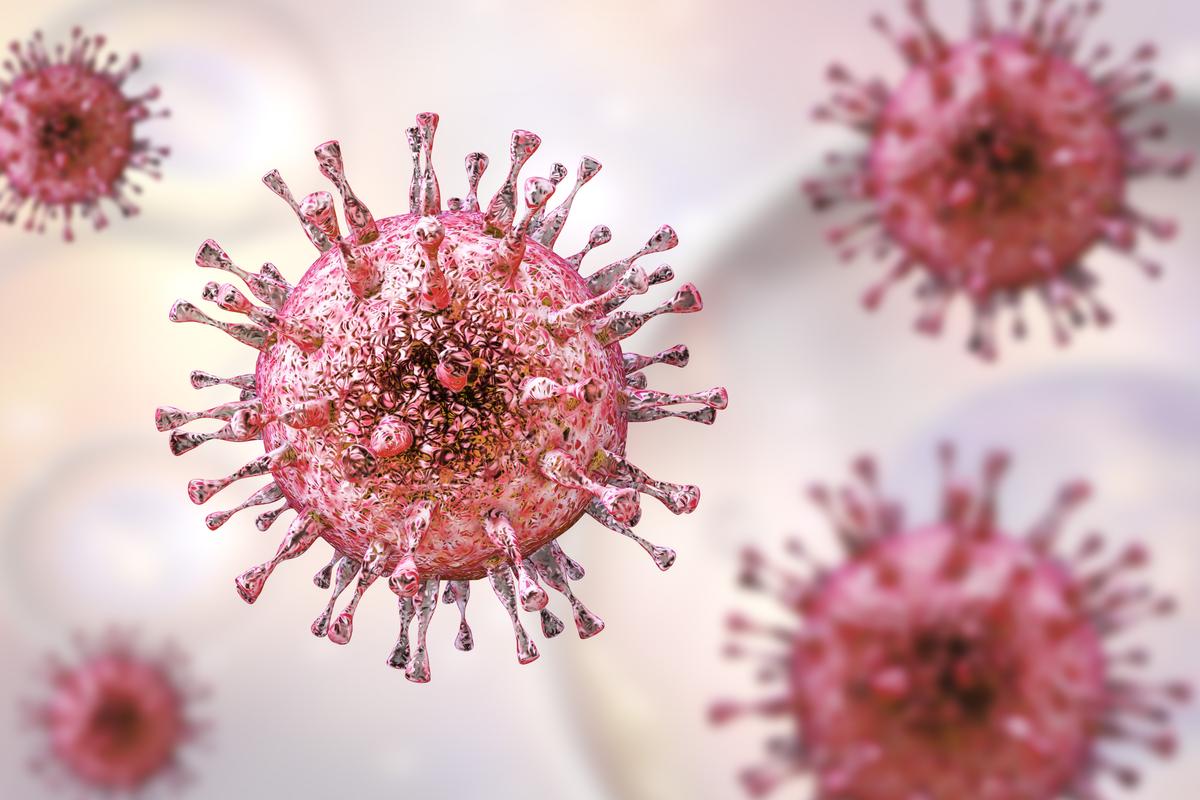Approximately 1 in 2 people have at some time been infected by the cytomegalovirus (CMV) and their bodies carry the virus in a latent or dormant form. During periods in which carriers have a weakened immune system, the virus can reactivate, which is referred to as CMV reactivation.
This is a common complication, particularly with stem cell and organ transplants. In such cases the reactivation can have serious consequences that have an impact on the patient’s quality of life and life expectancy. It also considerably increases the risk of other infections and rejection of the transplanted tissue.
Just as effective as current medication
There are currently three anti-CMV drugs available, all of which work on the basis of the same action mechanism. They are successful in the fight against the CMV virus, but are often associated with damaging side effects, including having an impact on the kidneys and bone marrow. Furthermore, in approximately 10% of patients the virus develops resistance to these drugs.
A recent phase 2 study tested 156 patients, who underwent a transplant, to verify whether a new drug, Maribavir, is a safer and more effective alternative for the treatment of CMV reactivation. Prof. dr. Johan Maertens, haematologist at UZ Leuven and lead researcher for the study, explained the results. “Maribavir was just as effective as Valganciclovir, the most commonly used drug today. No traces of the virus were found in the blood of the majority of patients following a three week treatment.”

Prof. dr. Johan Maertens
Safer and well tolerated
Professor Maertens: “The main advantage of Maribavir is that it works on the basis of a completely different mechanism compared to current medication, which also makes it effective against resistant virus strains. Moreover, this drug is not toxic for the kidneys or bone marrow. It does have some side effects but they are less serious. The most common one is a temporary metallic taste in the mouth. In general Maribavir is well tolerated and can be administered long term.”
To be used in practice in due course?
Maribavir is not available just yet. We have to await the results of more extensive clinical studies. “These phase 3 studies are already underway, also at UZ Leuven. If they corroborate our highly promising results, Maribavir will be added to standard treatments against CMV within a few years,” Professor Maertens concluded.
